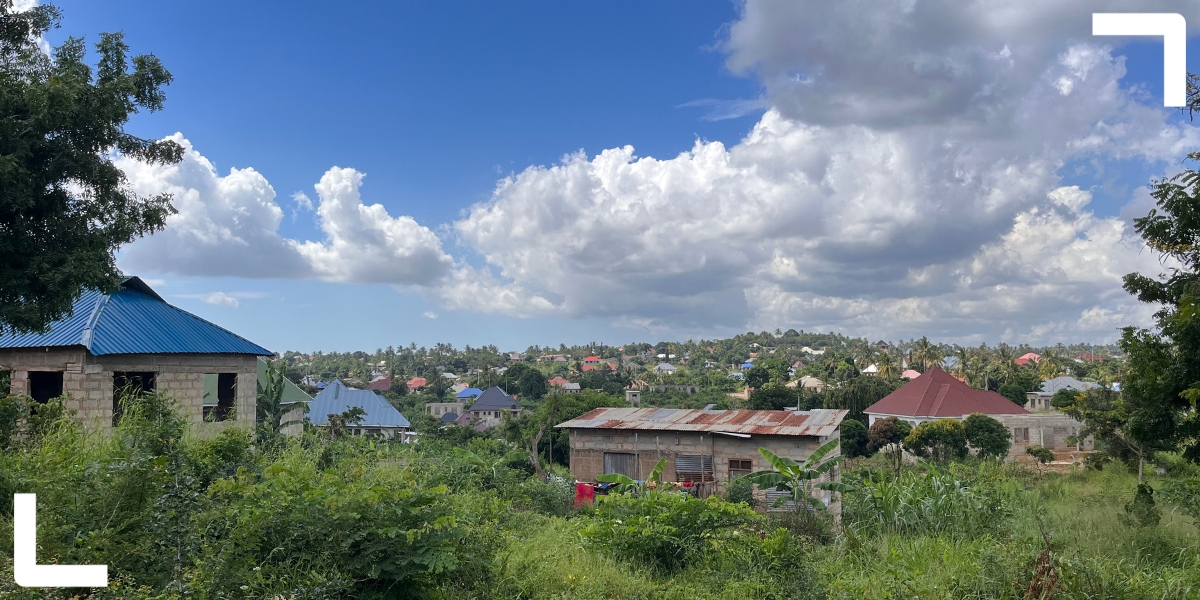By 2050, it is projected that African cities will become home to an additional 950 million people – all of whom will need housing.
This rapid population growth in Africa’s towns and secondary cities has been accompanied by the explosion of informally designed housing, as formal housing supply markets and systems struggle to accommodate the growing demand for affordable housing.
A new ACRC report – authored by Miriam Maina, Ezana Haddis Weldeghebrael, Alexandre Apsan Frediani and Ola Uduku – outlines findings from the housing domain research, which was implemented in seven African cities: Accra, Ghana; Addis Ababa, Ethiopia; Dar es Salaam, Tanzania; Freetown, Sierra Leone; Lagos, Nigeria; Lilongwe, Malawi; and Nairobi, Kenya.
It highlights challenges facing the housing sector across the continent, focusing on the need to improve the quality of informally delivered housing as well as to deepen the reach of formal housing and financing.
Background
The housing challenge, or crisis, in many urban areas is characterised by a shortage of units to meet ever-growing demands and large-scale deterioration in quality of existing urban housing stock. This is exacerbated by other growing issues, including poor governance, limited resources, climate change and scarcity of local materials.
The limited affordability of existing formal housing stock forces many low- and middle-income households to find alternative solutions through informal processes and systems. The challenge is exacerbated by the fact that government subsidies or programmes for producers and consumers fail to effectively address affordability constraints.
Yet the housing challenge in African cities is far from homogenous. Different countries and regions are experiencing different patterns to their urban transition, themselves shaped by diverse historical, social, political and economic trajectories.
To identify pertinent housing challenges in individual cities and enable cross-comparisons, the housing domain team examined city systems and politics. Research was conducted mainly through in-depth, politically and historically informed case studies, selected by local research leads and relevant stakeholders, in line with specific city contexts.
Housing production and value chains
The domain research findings highlight the interlinked nature of the housing production ecosystems and value chains – from procurement of materials to their use in building systems, and the labour involved in producing and using them.
The report argues that existing housing research and practice:
- Fails to engage with the power relations and asymmetries that shape the nature of the housing sector in different contexts;
- Only engages minimally with the impacts of prolonged inequalities in the housing sector (including social, spatial and economic inequalities, gender imbalances, urban poverty and climate change impacts from current building materials);
- Fails to unpack the housing experience for different actors – including low-income households and those with different characteristics, from gender and age to nationality – as well as the hybrid (formal and informal) nature of actors’ access to networks.
Implications for urban reform
Human settlements, including all forms of housing and shelter, are key to delivering sustainable urban development. Improved shelter and quality of life for all of Africa’s urban population are integral in enhancing national socioeconomic development and low-carbon urban transitions.
In the domain research, three opportunities emerged as critical for transforming housing production systems – and human settlements by extension:
- Addressing governance and institutional coordination within the public sector;
- Stabilisation and support for urban rental markets;
- Tackling intersectional challenges in the building and construction sector.
By focusing on these issues, housing reform coalitions could drive the realisation of housing justice for marginalised communities in African cities.
Header photo credit: Hannah van Rooyen. A housing development in Mbezi Msumi, Dar es Salaam, Tanzania.
The African Cities blog is licensed under Creative Commons Attribution-NonCommercial-NoDerivatives 4.0 International (CC BY-NC-ND 4.0), which means you are welcome to repost this content as long as you provide full credit and a link to this original post.


